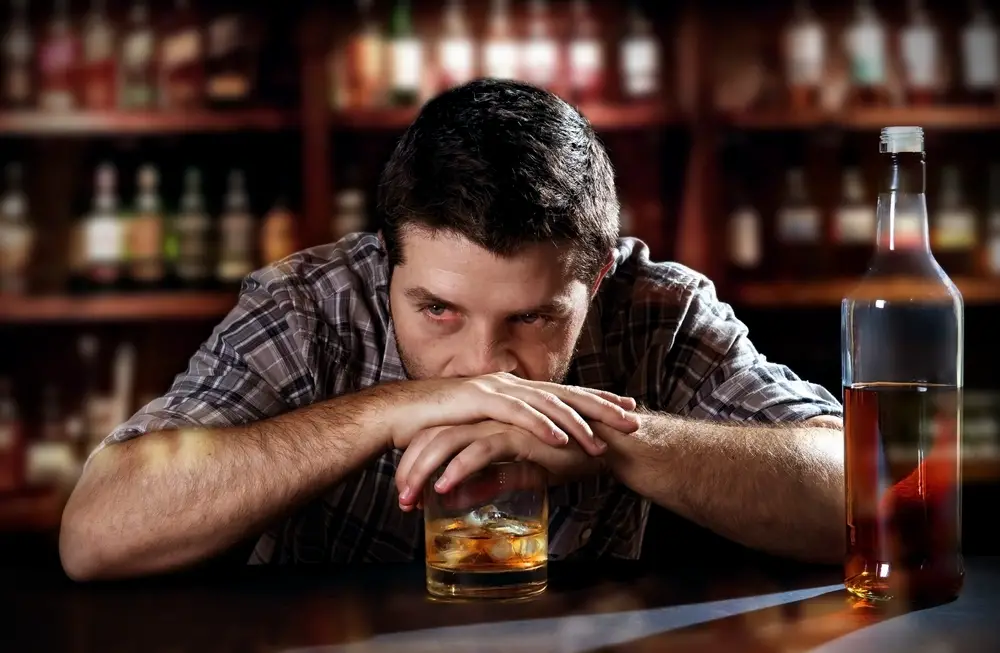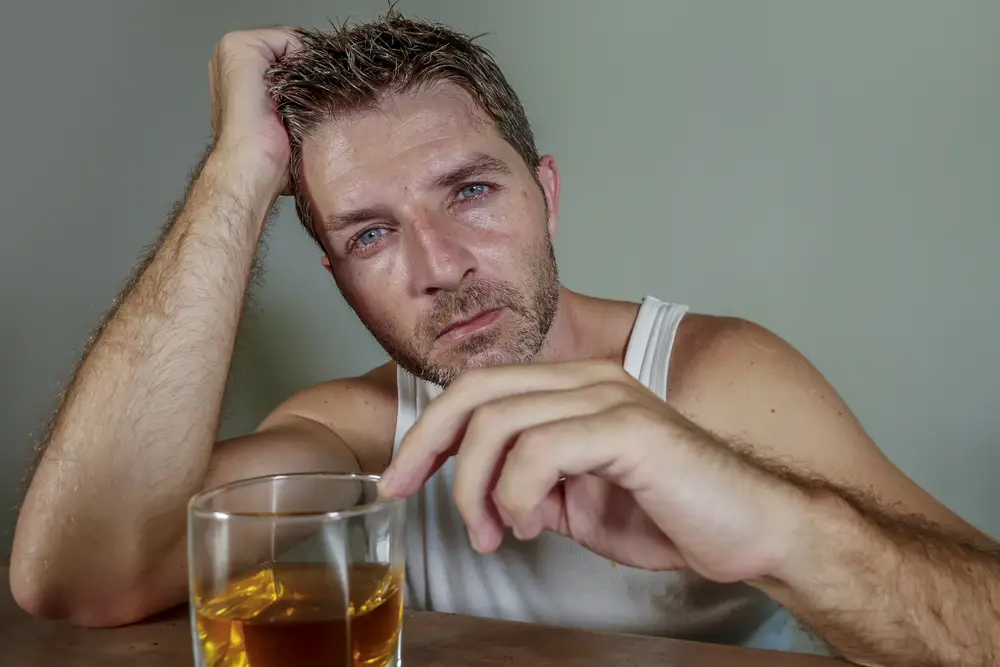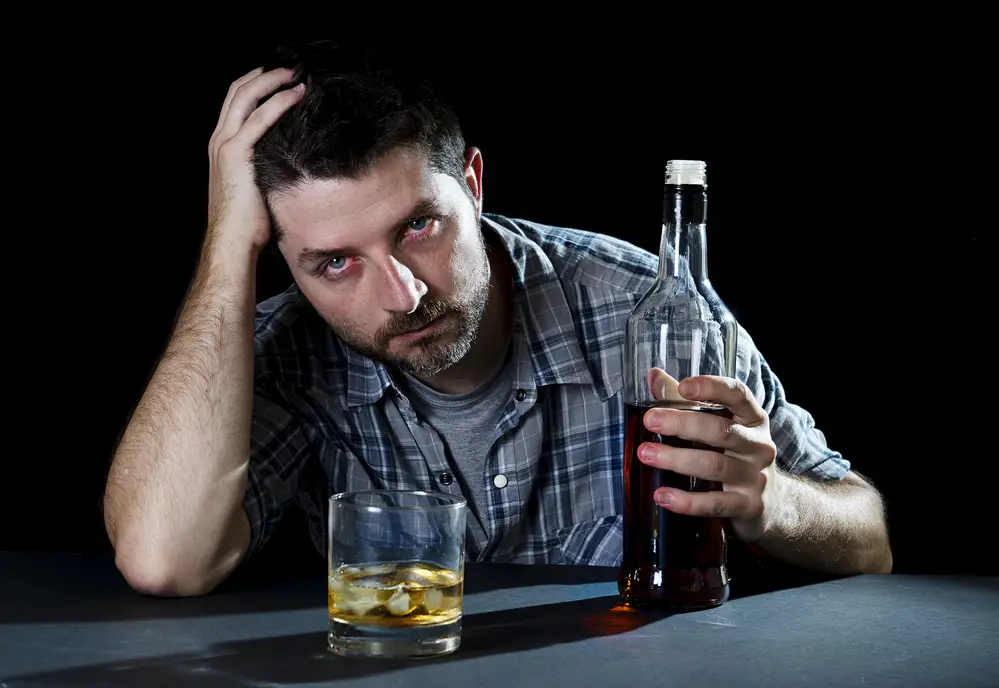Drinking alcohol is a worldwide socially accepted and anticipated tradition, one that traces back centuries. For some people, the norm is to consume excessive amounts. Despite seeing adverse effects, it’s challenging to break the cycle once overindulgence begins. Once a dependence develops, it can quickly turn into a serious addiction.
There’s a misperception that alcoholism is a choice, but addiction is not a personal choice; it’s beyond an individual’s control. By definition, it is “a psychological and physical behavioral illness that requires expert rehab and recovery to overcome the effects.” Most people don’t realize they’re falling into addiction until it’s too late.
Slipping into the behavior is gradual, with the person believing they have control, but some signs are relatively common when alcoholism takes over. You might not recognize it as the one suffering from the effects, but those around you will begin to notice physical and psychological red flags.
Let’s find out some of the adverse reactions of overindulging in alcohol. This is primarily how it affects the facial features and other signs indicating that someone close to you might need help.
Table of Contents
ToggleDo Alcoholics Look A Certain Way?

As a person suffering from alcoholism, you might not recognize the adverse effects of drinking excessively or associate these with alcohol; most are relatively common. As substance abuse takes hold, the brain experiences a chemical reaction stirring cravings that are challenging to ignore.
The psychological effects experienced can include bouts of “paranoia, mood swings, anxiety and depression, diminished self-esteem, feelings of loneliness, lack of confidence, and exceptional stress.” The physical signs are pronounced particularly to those closest. Some most visible include:
- Facial spots filled with pus
- Facial redness focuses on the cheeks and surrounds the nose with enlarging blood vessels. When dilating spider veins can be the result
- Facial water retention causes a bloated, puffy appearance
- Dehydration of the skin causes wrinkling and dryness making it appear gray and dull
- Bloodshot eyes due to irritation of the surface blood vessels from the alcohol
- Thinning, dry hair caused by dehydration of the follicles
- As alcohol leaves the body, whether through breath, sweat, or urine, it releases a foul odor
Many people who consume excessive amounts of alcohol don’t recognize the impact that alcoholism has on their overall appearance. Most diminish their priorities of hygiene and personal appearance.
A lack of adequate sleep leads to “sunken, tired eyes and poor skin.” Weight is either increasing or decreasing, whether the alcohol creates a lack of appetite or increases cravings for high-fat foods. Let’s look at each physical sign more in-depth, so you’re prepared to help your loved one.
5 Signs That An Individual Is Dealing With Alcoholism

Many physical alcoholism signs differ from one individual to the next. Some of the most common include:
1. Alcoholic face
The effects of alcohol can be exceptionally adverse and easy to see on the skin with minimal time following drinks. Many telltale facial signs will warn of an alcohol problem, particularly redness of the skin, referred to as “alcohol flush.”
This occurs when the body is challenged to completely digest the excessive amount consumed, causing the toxins like “acetaldehyde” to accumulate in the body. That results in blood vessel dilation creating redness. Over time dilation occurs, resulting in spider veins in the face, particularly surrounding the face and cheeks.
2. Skin sores
When taking in excessive amounts, the immune system can become impaired, causing an increased risk of abscesses or skin infections, and sores. The substance is natural dehydration, causing the skin to become overly dry, depleting pathogen defenses and leading to repeated infection.
3. The appearance and tone are affected
The potential for yellowing of the skin could be caused by jaundice, a sign the liver could be experiencing issues. The elevated “bilirubin” levels result in a yellowish tone to the skin. There are a number of things that can lead to jaundice, but if you’re consuming excessive levels of alcohol on a regular basis, it’s common for this to develop.
The substance also acts as a diuretic dehydrating the body with each drink. When the body loses essential nutrients and fluids, the skin can become “dry, wrinkled, puffy and overall just appear unhealthy.”
4. A disheveled physical appearance
An individual consumed with the thought of drinking and the dependence and cravings that come with that has little time or energy to think of much else, let alone their personal appearance or well-being. As a rule, most people with alcoholism will ignore self-care priorities, including grooming and personal hygiene.
Others will see you as appearing exhausted due to insufficient sleep and the dehydration associated with heavy consumption. You will also have an odor from either drinking the previous evening or having one in the morning to keep withdrawal symptoms away. Your general appearance is unkempt.
5. Excessive weight loss or gaining weight
Heavy drinking can impact appetite significantly, whether you lose the hunger sensation or desire for food with a shift towards alcohol instead or want to indulge in high-fat foods since the alcohol is creating an increase in the hunger sensation.
Some beverages like wine and beer are calorically excessive, making weight gain drastic with heavy consumption. In any event, you should anticipate a change in weight with alcoholism.
Conclusion
Consistent alcohol abuse can lead to a higher tolerance. If you were to stop drinking suddenly, you could experience many severe withdrawal symptoms, which can make those suffering from addiction continue to avoid the symptoms.
Instead of stopping alone, reaching out to medical professionals who can safely guide you through the process and monitor your symptoms is wise. This way, the symptoms can be controlled as much as possible.
You won’t notice the signs of alcoholism straight away, but your close friends and loved ones will see them much sooner. Listen to what they have to say. Really start to pay attention to your habits, look at yourself in the mirror and see if you can go without a drink. Then decide if you want to take the step to get help; no one can make you. It’s a decision only you can make.

I am a passionate beer connoisseur with a deep appreciation for the art and science of brewing. With years of experience tasting and evaluating various beers, I love to share my opinions and insights with others and I am always eager to engage in lively discussions about my favorite beverage.
















